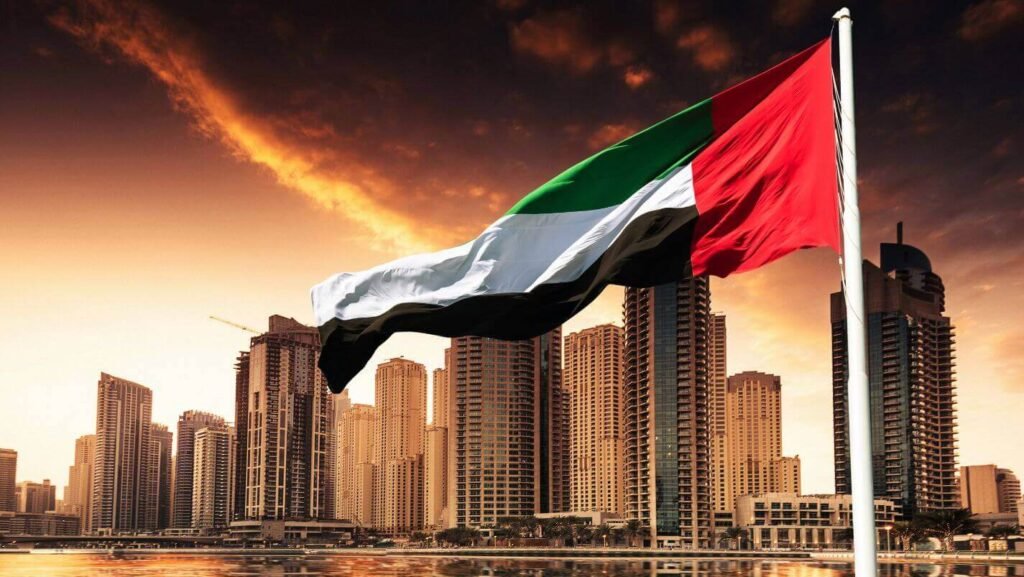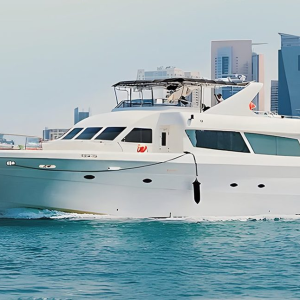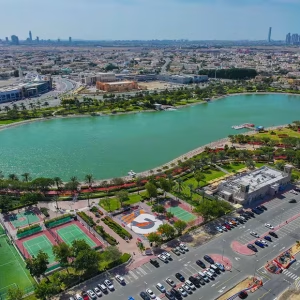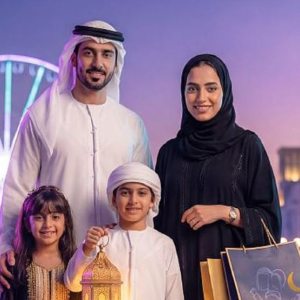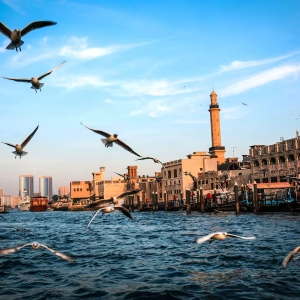Dubai is stepping confidently into the second phase of its ambitious D33 Economic Agenda—a major growth plan designed to make the city one of the world’s top three economic hubs by 2033. The plan, which was first launched in early 2023, now moves into a fresh phase focused on empowering small and medium-sized enterprises (SMEs), rolling out high-tech infrastructure, and offering attractive tax incentives.
This phase is not just about numbers or policies on paper. It’s about real changes on the ground—changes that will directly benefit businesses, entrepreneurs, investors, and residents across the city.
The Vision Behind the D33 Agenda
Dubai’s D33 Economic Agenda is a ten-year strategy introduced by His Highness Sheikh Mohammed bin Rashid Al Maktoum, Vice President and Prime Minister of the UAE and Ruler of Dubai. The plan’s name “D33” reflects its timeline—ending in 2033—and its focus on long-term impact.

The goal is simple yet powerful: double the size of Dubai’s economy in a decade and make it one of the most important global business centres. By achieving this, Dubai aims to become more self-reliant, more innovative, and more connected to international markets.
Phase Two Begins: What’s New?
Now that Phase Two is underway, new initiatives are being rolled out to support specific sectors. One of the biggest areas of focus is SMEs, which make up more than 90% of businesses in Dubai and provide a significant portion of jobs.


As part of this phase, authorities are launching new tax incentives, simplified licensing systems, and funding programmes tailored specifically for SMEs. These are designed to reduce costs, remove red tape, and make it easier for entrepreneurs to start, operate, and grow businesses.
For example, a new digital portal has been launched to allow faster business registration, lower setup fees, and streamlined access to government services. This is expected to boost confidence among local and foreign investors, encouraging them to participate more actively in Dubai’s growing economy.
Tax Incentives to Drive Growth
Another highlight of Phase Two is the introduction of business-friendly tax policies. Authorities have confirmed new tax breaks for startups and SMEs, especially those operating in tech, green energy, education, and healthcare sectors.
This includes longer tax holidays, lower corporate tax rates for eligible businesses, and fast-track approvals for businesses that contribute to Dubai’s economic goals. These incentives aim to reduce the financial burden on young companies and free up capital for innovation and expansion.
For businesses already operating in the city, this comes as welcome news—offering a clear signal that the government wants them to stay, grow, and thrive.
Focus on Future-Ready Infrastructure
Dubai is also rolling out advanced infrastructure projects as part of the D33 second phase. These include smart city technologies, 5G network expansion, AI-powered public services, and upgraded logistics hubs.
New tech zones and innovation districts are being built across the city, offering startups and researchers access to high-speed internet, labs, co-working spaces, and mentorship programmes. These hubs will also host business accelerators to fast-track startup ideas into fully developed companies.
Officials believe this will position Dubai as a major centre for future industries—from artificial intelligence and robotics to clean energy and fintech.
Public-Private Partnerships Take the Lead
One of the smart moves of the D33 agenda is the government’s push to work closely with private companies. In Phase Two, more public-private partnerships (PPPs) are being encouraged to co-develop major projects, particularly in infrastructure, healthcare, transport, and digital services.
This allows for faster execution, more innovation, and shared financial risk. It also opens the door for international companies to enter Dubai’s market through partnerships with local firms.
Government bodies are also making it easier for these collaborations to happen, by offering clear legal frameworks, support for contract negotiation, and access to land or resources when needed.
Jobs and Talent Development

Another big focus of Phase Two is on human capital. Authorities are launching new programmes to help citizens and residents upgrade their skills in fields like data science, AI, blockchain, and digital marketing.
Training centres, online courses, and industry certifications are being made more accessible and affordable. In addition, international universities are being invited to open campuses in Dubai or form partnerships with local institutions.
The aim is to create a highly skilled workforce that can support Dubai’s transformation and attract global companies looking for top talent.
Boosting Global Trade and Investment
To attract more investment, Dubai is also enhancing its global trade connections. More free trade agreements are being negotiated, and new logistics corridors are being created to connect Dubai to key markets in Asia, Europe, and Africa.
Dubai’s existing position as a global aviation and maritime hub is being strengthened, with expansion plans for airports and ports already in motion. This will not only make importing and exporting easier, but it will also support Dubai’s vision of being a preferred base for multinational companies.
In Phase Two, the city also plans to host more international trade fairs, tech expos, and investor summits to showcase opportunities and bring global attention to Dubai’s growing industries.
What It Means for Residents and Entrepreneurs
For residents, the D33 Phase Two rollout means better job opportunities, better services, and a more vibrant city. For business owners and entrepreneurs, it means more support, fewer barriers, and a clear path to success.
As one local entrepreneur put it, “Dubai is making it easier than ever to turn ideas into businesses. The government is listening, and they are creating an environment where we can really grow.”
This second phase is not just a plan—it’s an active movement that brings benefits to all parts of society. From students looking for future-proof careers to investors searching for the next big opportunity, Dubai is positioning itself as a place where dreams are backed by strategy.
Looking Ahead
With a clear vision and well-planned actions, Dubai’s D33 Agenda continues to gather momentum. Phase Two shows the city’s commitment to delivering on its promises and adapting to the fast-changing global economy.
As the next few months unfold, residents and businesses can expect more initiatives, better access to resources, and a future shaped by innovation, opportunity, and inclusivity.
Also read: Emirates NBD Launches Special Offers for UAE Small Businesses

